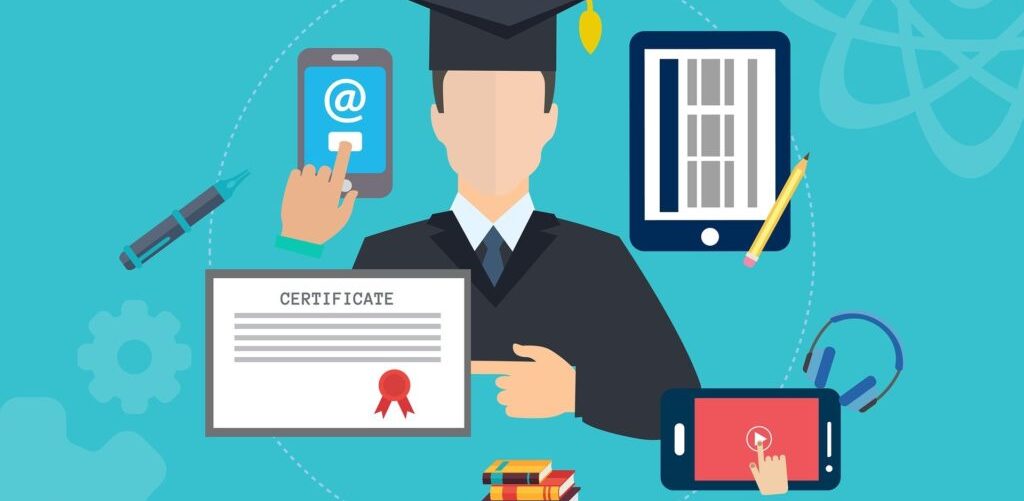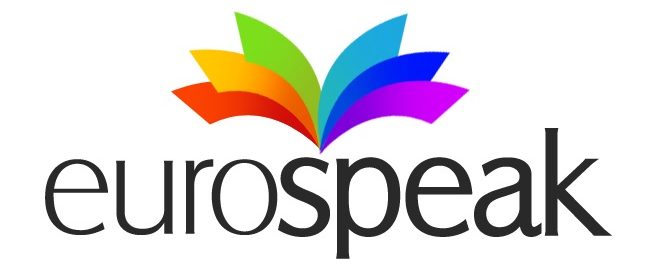Learning, teaching, and research materials in any format or medium that are in the public domain or are protected by copyright and published under an open licence, allowing free access, re-use, re-purpose, adaptation, and redistribution by others, are known as open educational resources (OERs) (UNESCO, 2022). OER grants users rights that are typically only granted to authors and publishers due to an open licence, including the freedom to modify the original work and the ability to distribute derivatives for free. The OER movement began as a global, grassroots phenomenon at the end of the twentieth century and the beginning of the twenty-first century, when educators aspired to develop intellectual content that was accessible to the Internet public (Blyth, 2017). As an alternative to traditional textbooks and pricey web-based learning resources, open educational resources (OERs) in language learning have recently attracted the attention of language educators, curriculum creators, and academics. OERs provide access to controlled language practice, self-study, engagement, and learning satisfaction, among other advantages for language learners. Additionally, these resources can support cutting-edge teaching strategies that address constructivist and interactionist theories of second language acquisition (Scott & Cherrez, 2022). Open educational resources are a unique instrument for fostering learning and information sharing, both of which are required to establish inclusive knowledge societies and fulfil the Sustainable Development Goals.

